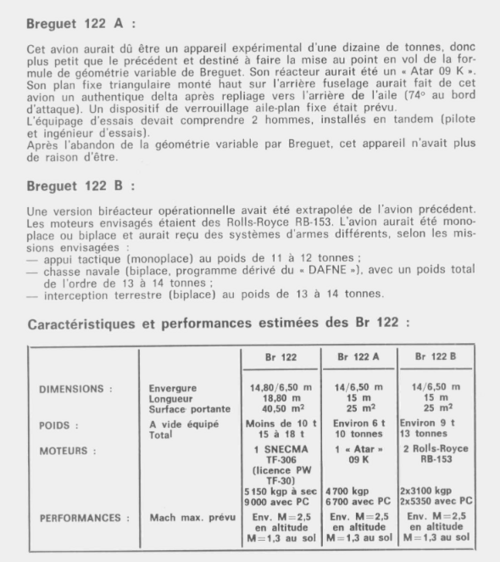Lascaris
ACCESS: Secret
- Joined
- 14 November 2008
- Messages
- 305
- Reaction score
- 365
What the title says. The 1958 agreement led to the sharing of nuclear technology between the US and Britain, with Britain eventually getting weapon design data, Polaris and Trident missiles and even a full nuclear reactor for her first nuclear submarine. On the other hand Britain became far more dependent on the US and unable to export military nuclear technology without US express permission, when Canada was looking into nuclear submarines in the 1980s for example export of Trafalgars would had required US consent.
So say the agreement fails to materialize which doesn't need all that much nudging to happen it seems to me. Britain still gets a degree of American aid behind the scenes say at about the same degree the French were given but nothing beyond this. No anglicized warhead designs, no Skybolt and no Nassau agreement, HMS Dreadnought has to wait for the British reactor design to be ready and so on.
I'd argue that despite calls for leaving the nuclear weapons business on costs grounds no British government of the era is going to do it. On the other hand Britain DID work under pretty sever economic strain so how do they go about it? Without the American factor France would be quite amenable to working together and it should be tempting for a cash strapped Britain. So do we end up seeing RN SSBNs with M1/M2/M4/M51 and French SSNs and SSBNs with RR PWR reactors? Mirage IVBs with Olympus engines and jointly designed air launched ballistic missiles (the French apparently played with the concept for Minerve) or for more economic solutions Spey Mirages?
In the same vein if British naval reactor technology is independent of the US it can be exported as well. Italy was very much interested in nuclear submarines in the 1960s but apparently Rickover was less than happy with exporting reactors. TTL though British reactors are a viable alternative. So Italy as a third partner in Anglo-French projects or atleast buyer? Then come the 1980s the Canadians also want SSNs...
And what is happening to other British projects? For example CVA1 looks as an obvious candidate for someone proposing to stick to a 35,000t ship for example...
So say the agreement fails to materialize which doesn't need all that much nudging to happen it seems to me. Britain still gets a degree of American aid behind the scenes say at about the same degree the French were given but nothing beyond this. No anglicized warhead designs, no Skybolt and no Nassau agreement, HMS Dreadnought has to wait for the British reactor design to be ready and so on.
I'd argue that despite calls for leaving the nuclear weapons business on costs grounds no British government of the era is going to do it. On the other hand Britain DID work under pretty sever economic strain so how do they go about it? Without the American factor France would be quite amenable to working together and it should be tempting for a cash strapped Britain. So do we end up seeing RN SSBNs with M1/M2/M4/M51 and French SSNs and SSBNs with RR PWR reactors? Mirage IVBs with Olympus engines and jointly designed air launched ballistic missiles (the French apparently played with the concept for Minerve) or for more economic solutions Spey Mirages?
In the same vein if British naval reactor technology is independent of the US it can be exported as well. Italy was very much interested in nuclear submarines in the 1960s but apparently Rickover was less than happy with exporting reactors. TTL though British reactors are a viable alternative. So Italy as a third partner in Anglo-French projects or atleast buyer? Then come the 1980s the Canadians also want SSNs...
And what is happening to other British projects? For example CVA1 looks as an obvious candidate for someone proposing to stick to a 35,000t ship for example...

